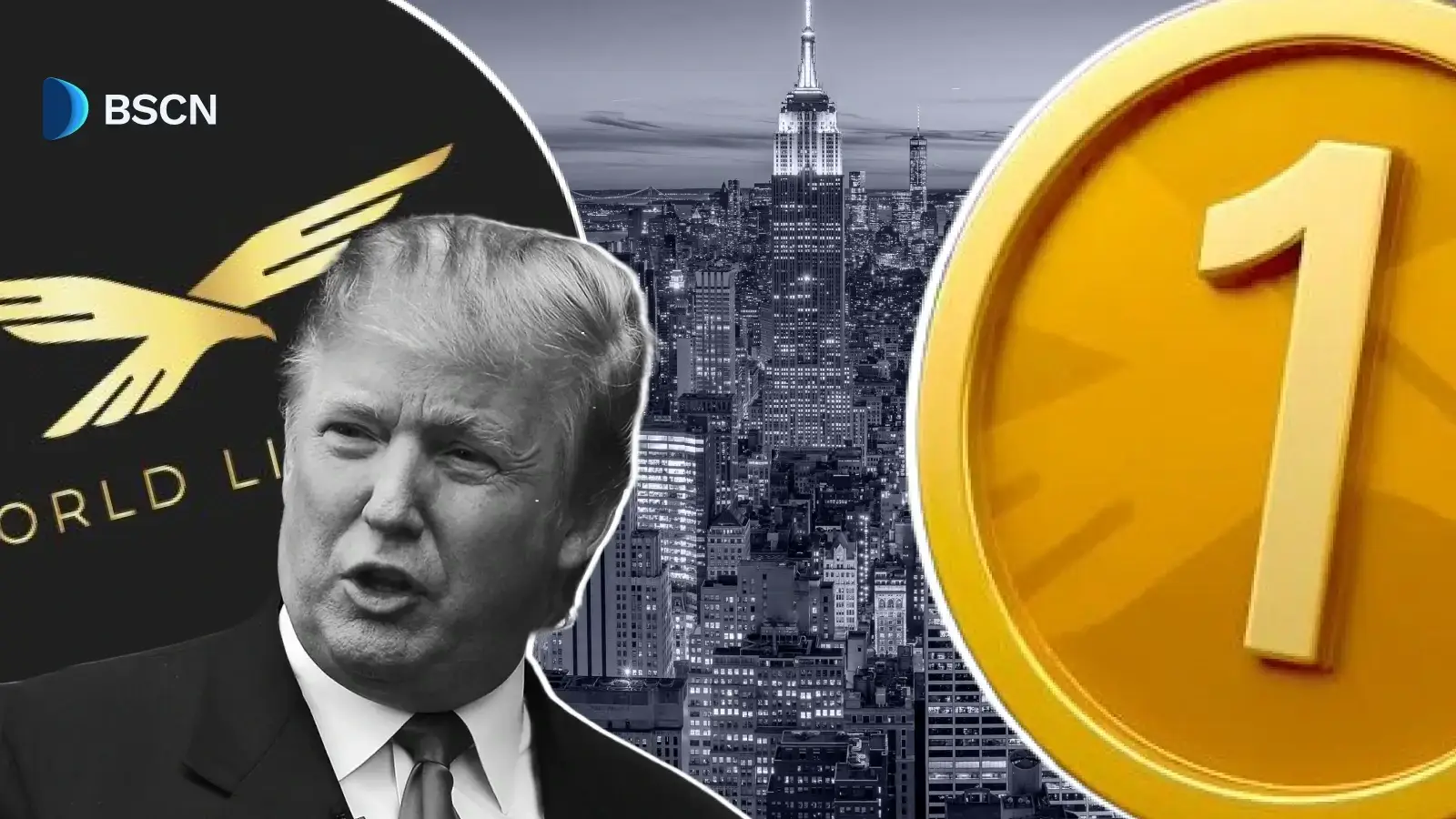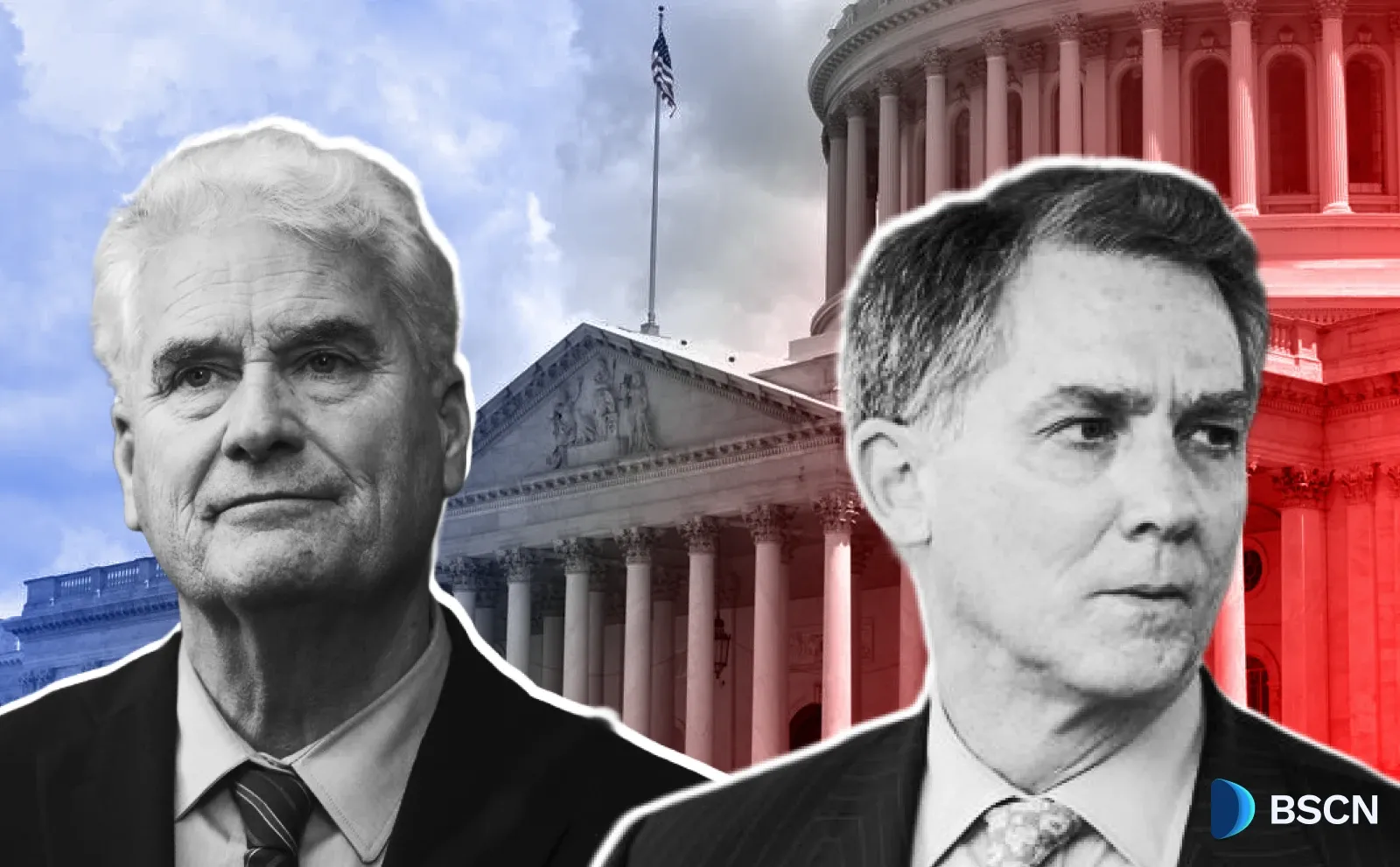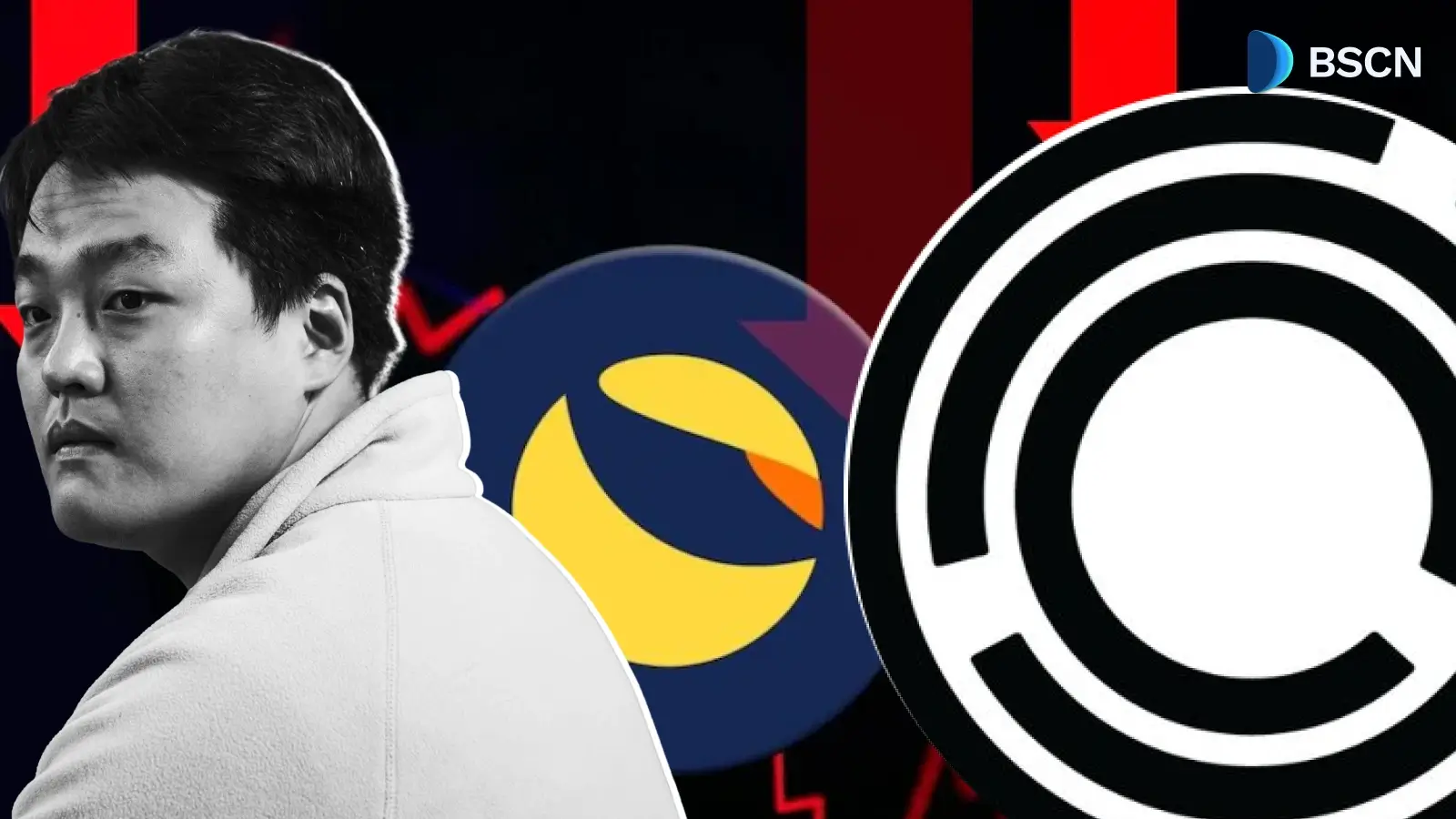GENIUS Act Passes in the US Senate in First-Ever Stablecoin Regulation Vote

Backed by a bipartisan coalition of senators, the bill now moves to the House, where negotiations with the competing STABLE Act could slow progress.
Soumen Datta
June 18, 2025
Table of Contents
The U.S. Senate has officially passed the GENIUS Act, marking the first time federal lawmakers have approved a comprehensive framework for stablecoins. The bill, formally titled the Guiding and Establishing National Innovation for U.S. Stablecoins Act, passed with a 68-30 vote on Tuesday.
This is a turning point for the crypto industry. For years, stablecoins operated in a regulatory gray zone. Now, for the first time, the government is setting national standards around these dollar-pegged digital assets.
The bill outlines key compliance requirements: full reserve backing, monthly audits, and strict anti-money laundering rules. These provisions aim to protect consumers while promoting innovation.
The GENIUS Act now moves to the House of Representatives. Even though a House vote is uncertain, the Senate's approval already signals crypto is no longer fringe.
Stablecoins Enter the Mainstream
Stablecoins are digital assets pegged to real-world currencies like the U.S. dollar. They offer fast settlement and low transaction fees, making them an attractive alternative to traditional payment systems. But until now, stablecoin issuers lacked a clear regulatory pathway. That changes with the GENIUS Act.
If the bill becomes law, private companies will be allowed to issue dollar-backed digital tokens under a regulated framework. This means institutions — from banks to fintech firms — will be able to operate with legal clarity and federal oversight.
Senator Kirsten Gillibrand, a co-sponsor of the bill, said the legislation will “protect consumers, enable responsible innovation, and safeguard the dominance of the U.S. dollar.” The bill enjoys bipartisan support from lawmakers like Bill Hagerty, Tim Scott, and Cynthia Lummis.
Crypto Industry Flexes Its Political Muscle
This bill is also a testament to crypto’s growing influence in Washington. The industry spent nearly $250 million during the 2024 election cycle, helping usher in what many are calling the most pro-crypto Congress in U.S. history.
President Donald Trump’s administration has embraced digital assets as tools for economic growth and geopolitical strength. Treasury Secretary Scott Bessent praised the Senate’s move, calling the bill a “win-win” for both government finance and private innovation.
According to Bessent, the stablecoin market could reach $3.7 trillion by the end of the decade. This would be driven by rising demand for tokenized U.S. Treasuries, which back many stablecoins. Increased demand for Treasuries could lower government borrowing costs — a critical bonus for a country grappling with rising debt.
Big Banks and Big Tech Join the Race
On the same day the GENIUS Act passed, JPMorgan launched its own stablecoin, JPMD, on Ethereum’s Layer 2 Base chain. Backed by Coinbase, this launch signals Wall Street’s readiness to embrace digital assets now that regulation is taking shape.
Meanwhile, companies like Shopify have integrated USDC for payments, and Bank of America is reportedly exploring its own stablecoin options. Deutsche Bank data shows that stablecoin transactions hit $28 trillion last year — more than Mastercard and Visa combined.
However, not everyone will get a free pass. The GENIUS Act restricts large tech companies from issuing their own stablecoins unless they partner with regulated financial institutions. Lawmakers say this is to prevent monopolies and protect competition.
Competing Visions in the House
While the Senate has made its move, the House will offer its own version of stablecoin legislation — the STABLE Act. Like the GENIUS Act, it supports reserve-backed tokens and consumer safeguards, but the two diverge on oversight.
The Senate bill centralizes authority under the Treasury. The House version spreads it across the Federal Reserve, the Office of the Comptroller of the Currency, and others. This means the two chambers will need to reconcile their bills, which could take months.
Aides say that while the GENIUS Act had a clearer path in the Senate, final passage may hinge on negotiations between these competing frameworks.
A Tough Road to Passage
The GENIUS Act was supposed to be the easy first step in regulating crypto. But it took months of debate and one failed vote before the Senate finally passed it.
Senator Cynthia Lummis admitted the process was harder than expected. Speaking at the Bitcoin 2025 conference, she said, “It has been extremely difficult. I had no idea how hard this was going to be.” Senator Bill Hagerty echoed her frustration, saying it was “murder” to secure enough votes across party lines.
Still, eighteen Senate Democrats ultimately crossed the aisle, securing bipartisan support for the bill.
The GENIUS Act may set the stage for broader developments in U.S. digital currency strategy. With regulatory clarity now within reach, the government could move faster on issues like a central bank digital currency (CBDC) or cross-border payment systems.
Industry leaders view the GENIUS Act as a foundation — not just for stablecoins, but for the future of digital finance. If passed by the House and signed into law, it will provide a trusted framework for the industry to grow within U.S. borders.
Read Next...
Disclaimer
Disclaimer: The views expressed in this article do not necessarily represent the views of BSCN. The information provided in this article is for educational and entertainment purposes only and should not be construed as investment advice, or advice of any kind. BSCN assumes no responsibility for any investment decisions made based on the information provided in this article. If you believe that the article should be amended, please reach out to the BSCN team by emailing [email protected].
Author
 Soumen Datta
Soumen DattaSoumen has been a crypto researcher since 2020 and holds a master’s in Physics. His writing and research has been published by publications such as CryptoSlate and DailyCoin, as well as BSCN. His areas of focus include Bitcoin, DeFi, and high-potential altcoins like Ethereum, Solana, XRP, and Chainlink. He combines analytical depth with journalistic clarity to deliver insights for both newcomers and seasoned crypto readers.
Crypto Project & Token Reviews
Project & Token Reviews
Comprehensive reviews of crypto's most interesting projects and assets
Learn about the hottest projects & tokens

















